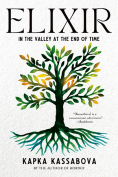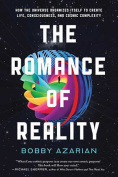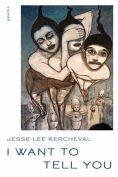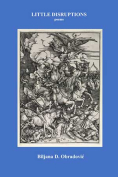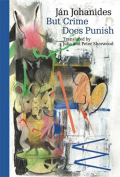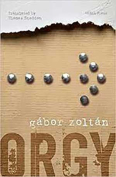Ten Planets by Yuri Herrera
 Minneapolis. Graywolf Press. 2023. 108 pages.
Minneapolis. Graywolf Press. 2023. 108 pages.
Ten Planets, a collection of fantasy and science fiction stories, is Yuri Herrera’s most recent work to appear in English translation. Herrera has been markedly productive over the past few years in turning out artfully crafted tales of violence, drug trafficking, and human exploitation in Mexico and along the US–Mexico borderlands, and his translator Lisa Dillman has skillfully rendered his stories quickly into English. A professor at Tulane University, Herrera brings his background as a native of a small town in central Mexico and his academic preparation in political science, creative writing, and Latin American literature to his literary works, including the twenty short pieces included in Ten Planets.
The titles of two of the stories echo works of Spanish and Latin American literature: “House Taken Over” is a rewriting of Julio Cortázar’s short story “Casa Tomada,” and “Zorg, Author of the Quixote” dialogues with Jorge Luis Borges’s “Pierre Menard, Author of the Quixote.” The description of Zorg’s writings might well describe Herrera’s own stories: “Zorg wrote stories about fantastical beings trapped in one way or another by bodily limitations, geographical limitations, epistemological limitations: people who were always doing battle and almost always losing but who from time to time managed to break through those limitations and then beautiful things occurred.”
Other stories depict the violence, exploitation, and alienation that result when different worlds collide. “The Conspirators” presents a conflict between two groups that clearly alludes to the conquest and colonization of the Americas by Spain. In the words of one of the conspirators, “The Others had laid waste to the Ones, to their will, but had not eliminated the people themselves, or else no one would be left to sow for them and serve them, but they did impose their language and dominate them by way of blood and stone.”
The stories of Ten Planets exploit the insufficiency of experience, knowledge, myths, and logic as ways of understanding reality. Herrera has crafted entertainingly absurd, haunting, and alienating visions of the human condition. An accomplished writer of short fiction, he has now added these brief stories to his growing collection of novellas. As with her previous translations of Herrera’s works, an insightful afterword from Lisa Dillman comments on his literary style and the challenges she encountered in translating these stories.
Edward Waters Hood
Northern Arizona University










